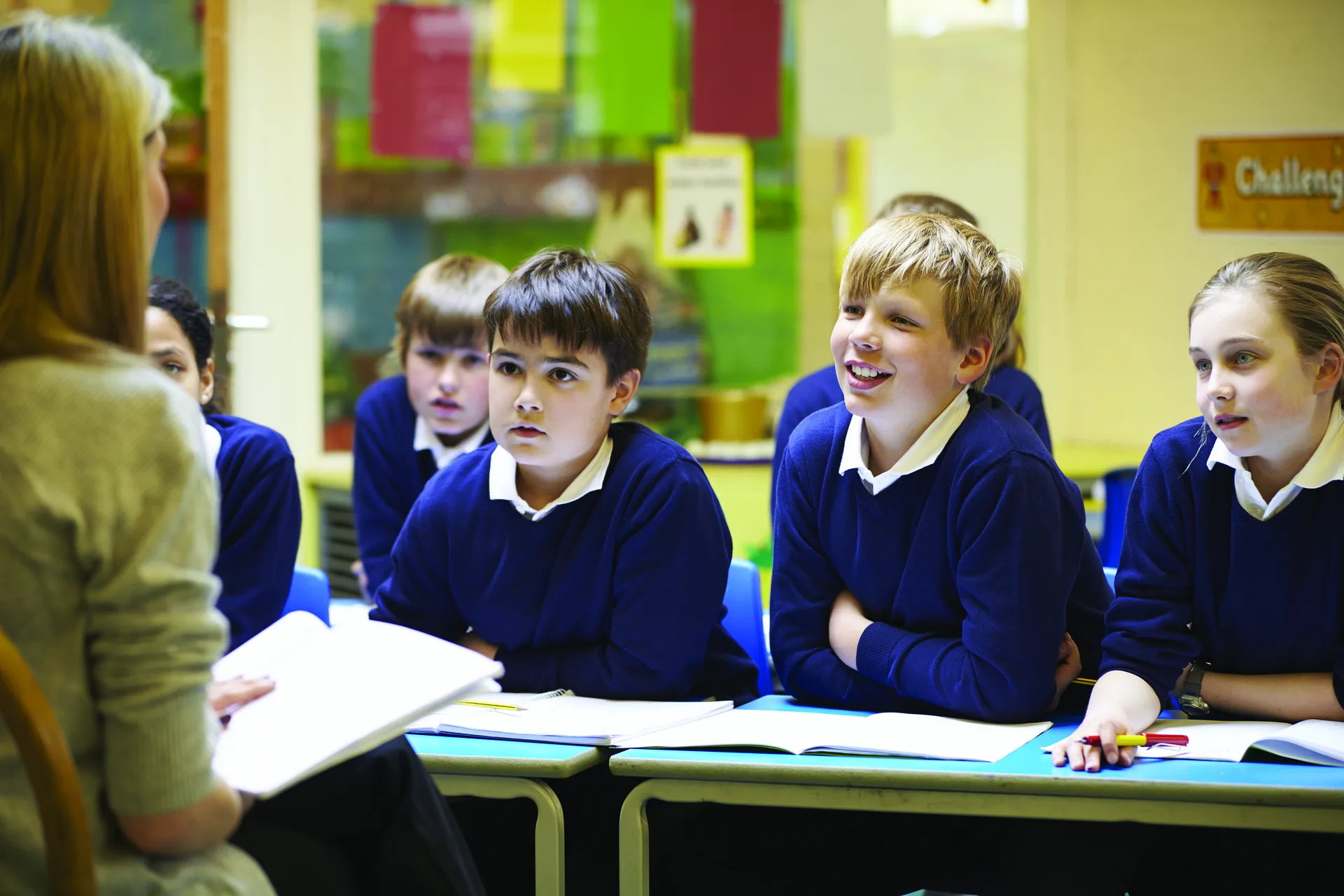The Ministry of Education and Science of Ukraine (MES) is launching a new project, “Energy Efficiency Lessons,” aimed at raising awareness among students about the importance of effective energy use. This project will be a key step in shaping a culture of sustainable energy consumption among the younger generation and promoting environmental consciousness.
Read more: Important information for potential participants in the Ukrainian Red Cross programs: REDpreneur.UA and “Restart: Expanding Employment Opportunities”
Project implementation plan
1. Integration of energy efficiency into educational programs
The first step will involve developing energy efficiency modules, which will be integrated into the curriculum for students in grades 5–11. After undergoing relevant expertise and receiving the Ministry of Education and Science’s approval, these modules will be included in the core subjects. Importantly, the new topics will not require additional workload for students but will be seamlessly integrated into existing study plans.
2. Additional materials and tools
The project will include the creation and distribution of additional educational materials, such as interactive didactic games, videos, scripts for extracurricular activities, and other resources for teachers. These materials will be provided to schools before the start of the second semester, allowing educators to prepare for the implementation of new topics in their teaching.
3. Methodological support
To ensure the effective integration of these new materials into school practice, regular webinars and training sessions will be held for representatives from local education authorities, educators, and managers of regional post-graduate pedagogical institutes (IPPOs). This support will help ensure smooth implementation throughout the project’s stages.
4. Digital energy efficiency platform
A particularly important element is the launch of a digital interactive platform, which will include energy efficiency courses for students in grades 4–11. The platform will provide access to educational materials not only for students but also for teachers, helping to ensure equal access to quality education for all categories of students, including those learning remotely.
Collaboration with local authorities
To ensure the successful implementation of the project, the Ministry of Education and Science held the first preparatory meeting with the education departments of regional military administrations (OVAs). During the meeting, plans were discussed for integrating energy efficiency lessons into the educational process. All interested parties will work together to ensure the project is effectively implemented and supported at every stage.
Part of a larger initiative
The “Energy Efficiency Lessons” project is part of a broader initiative called “LEARN,” which focuses on integrating green energy topics into education. As part of this initiative, students will not only learn about energy efficiency principles but also gain knowledge about renewable energy sources, resource conservation, and eco-friendly technologies.
International support
The project is being implemented in collaboration with the All-Ukrainian Charitable Organization “Institute of Local Development” (VBO “IMR”) with support from the World Bank (World Bank Ukraine). This partnership will provide the necessary resources and expert assistance to effectively integrate these innovations into the school education system.
The launch of the “Energy Efficiency Lessons” project is an important step towards creating an environmentally conscious nation. By integrating energy efficiency lessons into the curriculum, the project aims to prepare the next generation for sustainable energy use and the development of green energy. It will also help students understand the importance of resource conservation and make informed decisions in their daily lives.
With the support of international partners, the project has the potential to make a significant contribution to improving Ukraine’s ecological situation and fostering a new culture of energy conservation among young people.



